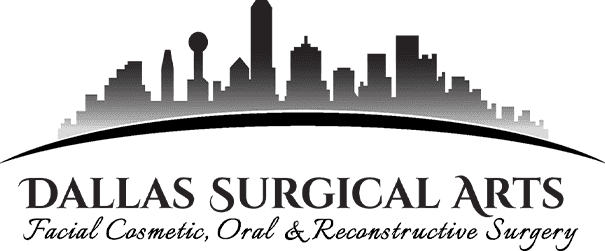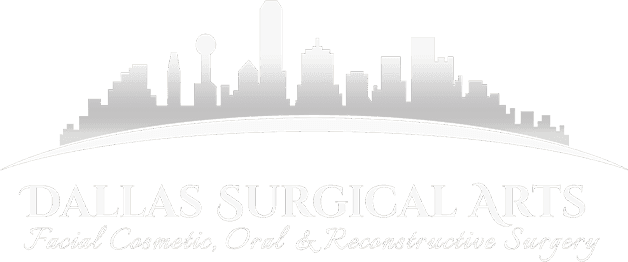How Should One Prepare for an Upcoming Orthognathic Surgery?
A jaw or orthognathic surgery is a surgical procedure that corrects misaligned jaws and teeth. It is usually performed to improve the function of the jaw, as well as the aesthetics of the face. Jaw surgery can be a life-changing experience, and it is crucial to be prepared for the procedure to ensure a successful outcome.
Preparations to Make before an Orthognathic Surgery
Preparing for jaw surgery is vital to ensure the best possible outcome. Knowing what to expect before, during, and after the surgery is essential. Here are some critical steps to take before having jaw surgery.
1. Schedule a Preoperative Visit: Before your surgery, meeting with your doctor for a preoperative visit is necessary. During this visit, the doctor will review your medical history and discuss the risks and benefits of the procedure. They will also review your medications, lifestyle, and other factors that may affect your surgery.
2. Stop Smoking: If you are a smoker, you must stop smoking at least two weeks before and two weeks after your surgery. Smoking can interfere with the healing process and increase the risk of complications during and after surgery.
3. Eat a Healthy Diet: Eating a healthy diet is vital for your overall health and recovery. Make sure to eat plenty of fruits, vegetables, and lean proteins. Avoid processed and sugary foods.
What to Do the Night Before the Surgery
First and foremost, get plenty of rest. The night before your surgery is not the time to stay up late or party. Instead, get a good night's sleep so that your body is well-rested and ready for the upcoming surgery.
Next, ensure you have all your necessary items ready for the morning. These include your identification card, insurance card, and any paperwork you need to bring along. It would be best if you also had a bag packed with items you might need during your hospital stay, such as comfortable clothes and toiletries.
It's also a good idea to plan for your meals. If you're allowed to eat before the surgery, you should have your last meal well before midnight. If you're not allowed to eat, ensure that you have snacks and plenty of water to take to the hospital.
Finally, you should ensure that someone can drive you to the hospital the following day. It's essential to have someone there to support you and take you home after the surgery.
By following these tips, you can ensure you're well-prepared for your jaw surgery. With the proper preparation, you can have peace of mind knowing that you're ready for the next day.
How Long to Recover from a Jaw Surgery
The recovery process after jaw surgery can vary depending on the individual and the complexity of the procedure. Generally speaking, it can take four to eight weeks for the patient to fully heal after jaw surgery. During this time, the patient will likely experience some pain and discomfort.
The patient may experience some swelling, bruising, and pain in the first few days after surgery. The surgeon may also prescribe pain medication to help manage the pain. During this time, the patient should be careful not to overdo it and to follow the surgeon's instructions for eating and drinking.
As the swelling and bruising start to subside, the patient may be able to return to normal activities. However, it is essential to note that the patient should still take it easy and avoid strenuous activities. The patient should also avoid any activities that involve their jaw, such as talking or yawning, for at least three weeks after surgery.
It is important to note that the recovery process may take longer than expected. The patient should follow the instructions provided by their surgeon and be patient with the healing process.
Conclusion
Preparing well for jaw surgery is essential for the successful outcome of the procedure. A clear understanding of the procedure, risks, and potential complications is vital and realistic expectations are necessary.
Following the instructions provided by the surgeon, such as quitting smoking, avoiding certain medications, and obtaining lab tests, is important. Additionally, preparing the home for recovery, stocking up on groceries, and having supportive friends and family, can make it more manageable. With proper care and preparation, a successful outcome is more likely, and patients can look forward to a healthier and better-functioning jaw.
Are you planning to have orthognathic surgery soon? Dallas Surgical Arts provides a wide selection of cosmetic treatments to help patients attain their desired aesthetic. Our experienced doctors, Dr. Randy Sanovich and Dr. Daniel Sanovich, specialize in facial, neck, oral-maxillofacial, and reconstructive operations. We strive to understand each patient's needs and desires to craft a treatment plan that will give them the best results.


